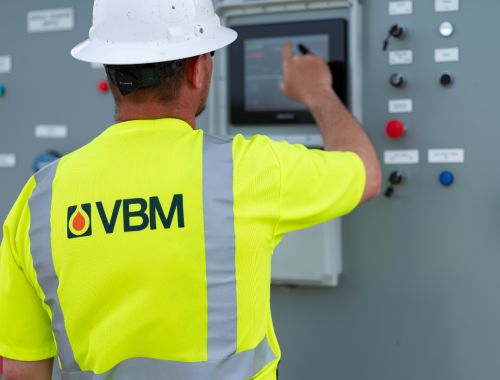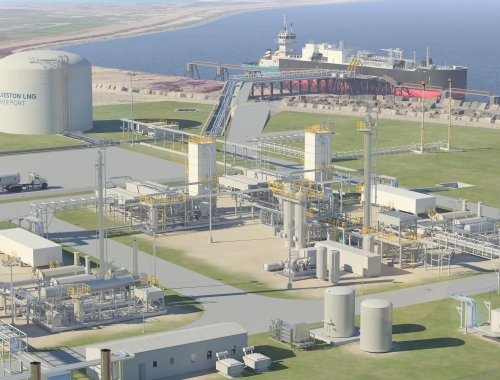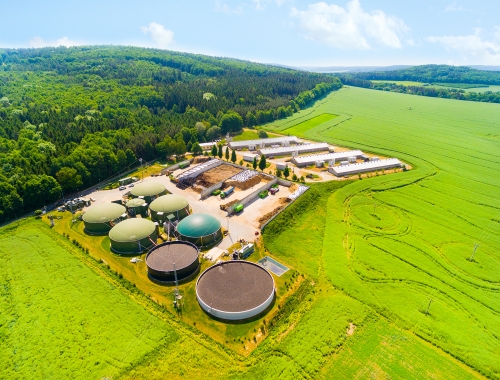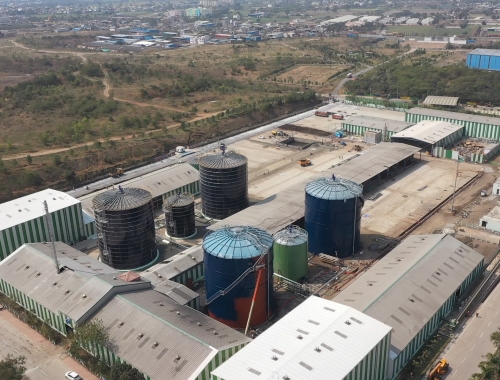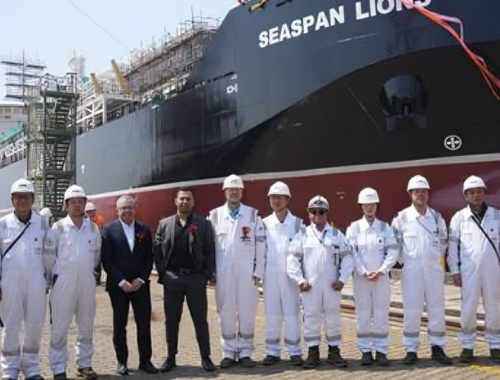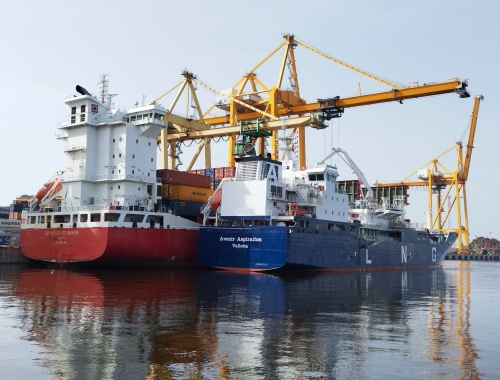US to spend $47mn on methane reduction projects
SUMMARY
The 22 projects will advance the development of technologies to help reduce methane emissions across the oil and natural gas-producing regions of the US.
By Shardul SharmaPOSTED IN:
The US department of energy (DOE) March 13 announced nearly $47mn in funding for 22 research projects to advance the development of measurement, monitoring, and mitigation technologies to help reduce methane emissions across the oil and natural gas-producing regions of the US.
DOE said that the selected projects will help to ensure “an efficient, resilient, and leak-tight” US natural gas infrastructure and support president Biden’s US Methane Emissions Reduction Action Plan and the Biden-Harris administration climate goal of a net-zero emissions economy by 2050.
“Methane is a much more potent greenhouse gas than carbon dioxide, making methane reduction a critical part of our nation’s long-term climate solution,” said US secretary of energy Jennifer M. Granholm. “The projects announced today will help DOE accelerate the deployment of technology that detects and reduces methane emissions across the oil and gas sector—our largest source of industrial methane—leading to long-lasting health and environmental benefits for communities across the country.”
The projects will focus on the technical challenges of quantifying and mitigating methane emissions along the US oil and natural gas supply chain, including the development and demonstration of an efficient integrated methane monitoring platform to enable early detection of methane emissions.
The selected projects will advance cutting-edge technologies under five areas: mitigating methane emissions from upstream/midstream sources, surface-based methane monitoring and measurement networks, basin-specific needs to mitigate methane emissions, integrated methane monitoring platform design and investigating emissions from storage tanks.
DOE’s office of fossil energy and carbon management (FECM) will manage the selected projects. FECM conducts research, development, demonstration, and deployment that focuses on technologies to reduce carbon emissions and other environmental impacts from fossil fuel production and use and from key industrial processes, particularly the hardest-to-decarbonize applications in the electricity and industrial sectors.

